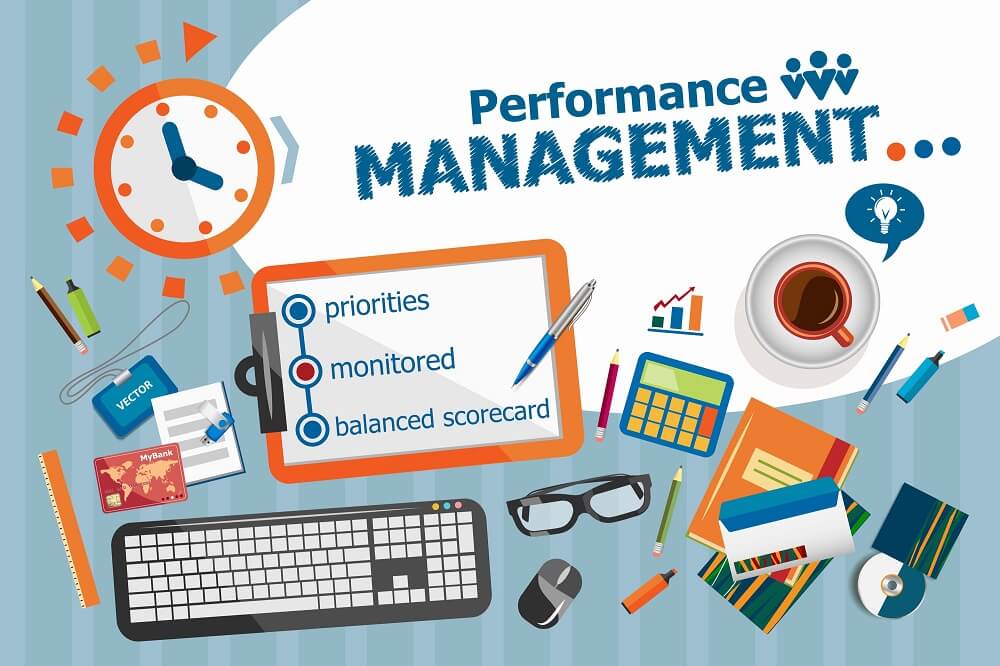Teams of highly performing and engaging individuals lie at the core of any thriving enterprise. It is crucial for organisations to prioritise employee engagement and performance in order to achieve continuous growth. From the initial stages of recruitment and onboarding to employee development and even succession planning, it is imperative for organisations to consistently foster and maintain high levels of performance in every employee.

As a result, organisations need an effective performance management process in order to accurately evaluate the employees, and in the end, reward them handsomely or announce other talent decisions in order to keep motivating them.
Read more: Motivation - How does it work for sales?
Many have pondered upon the question of how to do performance management well so that time-consuming HR-related tasks (like data management and the like) can be automated whilst adding value to the development of an individual. More often than not, things are often left unresolved with more questions than answers.
Performance management vs. Talent management – What are the differences?
One might get confused between “talent management” and “performance management” as there are tons of similarities that make them overlap. Essentially, talent management is a broader term involving processes like recruitment, retention, development, and reward the employees. Performance management, in its simplest form, is the process of measuring and rewarding the employee for their performance.
Employee performance management is a continuous process that requires constant monitoring and adjusting to help keep the employee’s results up to par and aligned with the business objectives. When your employees receive appropriate feedback and rewards, they can be more motivated, and more engaged in their daily work, thus ultimately, their performance is also increased.
Read more: Performance review - Which method is right for your enterprise?
Why is performance management essential?
Performance management helps set a clearer vision of the relationship between the employee and the organisation at every stage of his/her lifecycle. Data obtained from these stages can help aid the managers in creating a learning environment for the employees, notifying them of all the opportunities available within the organisation.
Advanced technologies have helped organisations tremendously in various aspects, and performance management is no exception. In today’s data-driven world, everything about a specific individual is unfortunately undermined. There is a ton of information about the talents that organisations and the HR department have yet to explore.
Through the use of suitable management software, organisations can significantly reduce costs, time, and effort by putting the right people in the right position which can enable them to achieve their full potential, and the results can be used to plan for their future.
One of the most popular performance management tools is 360-degree feedback which can now be automated to collect and consolidate feedback from various sources in real-time to produce an accurate, unbiased evaluation of the employee’s skills and performance.
Please click here to read the remaining parts of this series: Part 2 | Part 3 | Part 4
 English
English  Vietnamese
Vietnamese 


